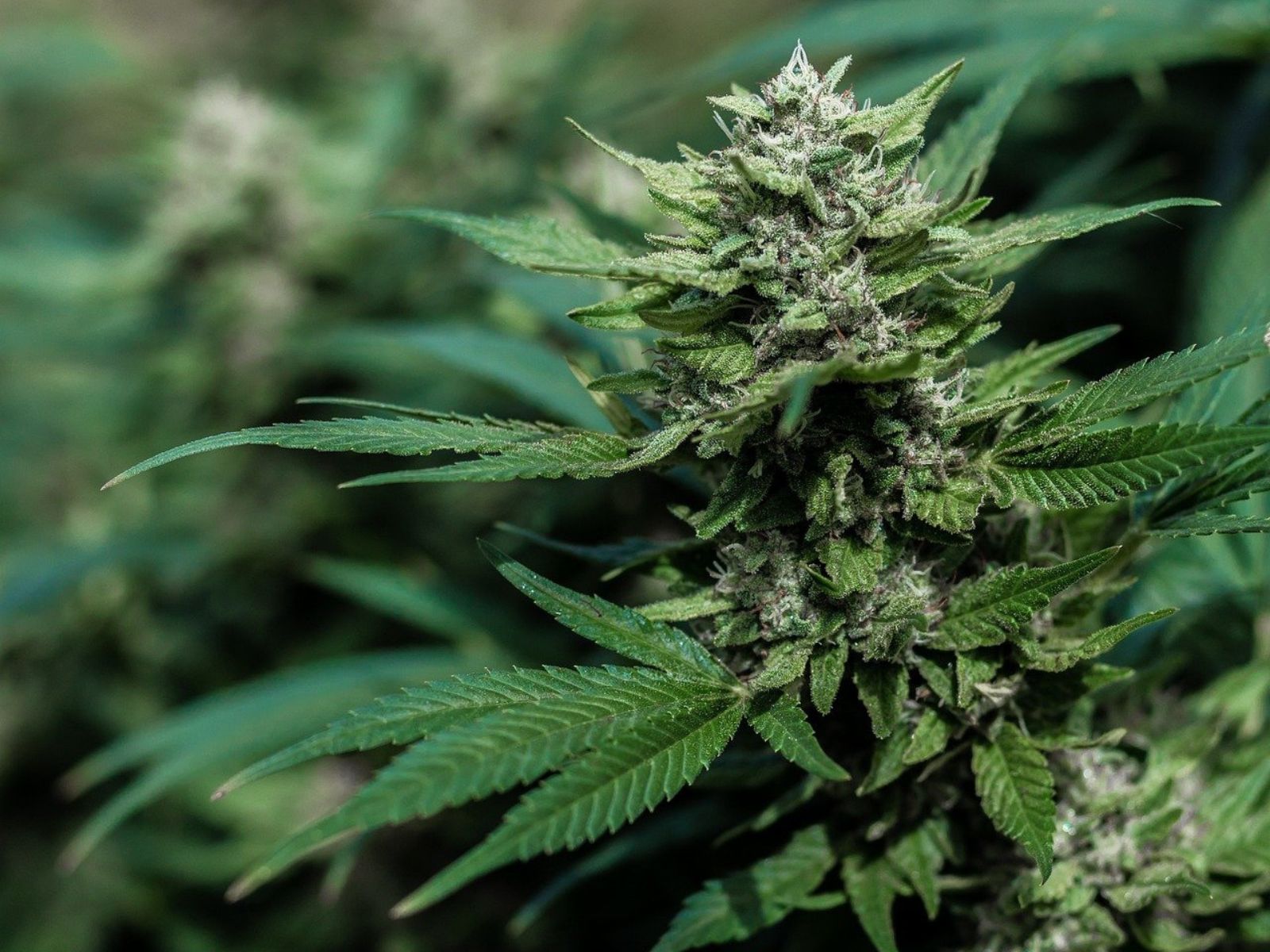
Germany Marks One Year Anniversary Of Adult-Use Cannabis Legalization

Germany Marks One Year Anniversary Of Adult-Use Cannabis Legalization
One year ago today, Germany enacted its historic national adult-use cannabis legalization measure. The CanG law was not only historic for Germany but also the international cannabis community and industry. Germany was not the first country to adopt a national legalization measure, but its recreational policy modernization enactment is the most significant out of the legalized nations.
Starting on April 1st, 2024, adults in Germany can cultivate, possess, and consume a personal amount of cannabis. The goal of the new approach to personal cannabis freedoms was to boost Germany’s public health outcomes by affording adults a legal way to produce their cannabis instead of relying solely on unregulated sources for cannabis.
Additionally, by no longer enforcing failed prohibition policies, the new CanG law alleviated a significant burden on Germany’s criminal justice system. The CanG law also removed cannabis from Germany’s Narcotics List, which has dramatically boosted safe access to medical cannabis in the European nation. Reflecting on the last year, members of Germany’s emerging legal cannabis industry are offering up positive reviews.
“The partial legalization of cannabis in Germany is a paradigm shift that has provided economic stimulus, improved patient care, strengthened consumer protection, and created new research opportunities. The next step should finally be to remove the nonsensical “intoxication clause” for industrial hemp and approve scientific model projects for regulated distribution.” stated Dirk Heitepriem, President of the BvCW, in a recent newsletter (translated from German to English).
“The Cannabis Act is a complete success. Despite difficult conditions, it marks a true paradigm shift – with noticeable relief for the judiciary and police, significantly improved access to medical cannabis, and an effective curbing of the black market through home cultivation and legal alternatives.” stated Jürgen Bickel, founder and managing director of Storz & Bickel GmbH (translated from German to English).
“A majority of the population supports the law. Those who want to reverse it now aren’t acting on evidence, but on ideological grounds. Let’s finally let the numbers and facts speak for themselves – not old prejudices.” Bickel also stated.
Two other major components of the CanG law, in addition to personal freedoms, are permitting cultivation associations to operate and to launch regional adult-use cannabis commerce pilot trials. To date, at least 133 cultivation association applications have been approved, with hundreds more currently in the review process, and the Federal Office for Agriculture and Food has started reviewing 26 applications for cannabis pilot projects (per BvCW’s recent newsletter).
“Attorney Kai-Friedrich Niermann points out that, according to the law, applications must be processed within three months and that, if the deadline is exceeded, legal action for failure to act is possible, but in practice, these actions are not very effective. Finn Age Hänsel, CEO of the Sanity Group, emphasizes that the BLE will review applications independently of political decisions as long as the regulation remains in force.” BvCW stated in its newsletter (translated from German to English).
To be fair, Germany’s cannabis legalization law is not perfect. However, that is true of every single cannabis legalization model found elsewhere on the planet. Uruguay, which became the first nation to legalize adult-use cannabis in 2013, is still making improvements to its law. The same is true for states like Colorado and Washington in the U.S., both of which adopted legalization in 2012.
Germany needs to make further improvements to its law and implementation, but what the nation has accomplished in the last year is undeniably better than the prohibition policies of the past, and that is definitely worth celebrating.
Share article


Share article
Join Our Awesome Community
Join Our Awesome Community
Join Our Awesome
Community
Get all the latest industry news
delivered to your inbox







